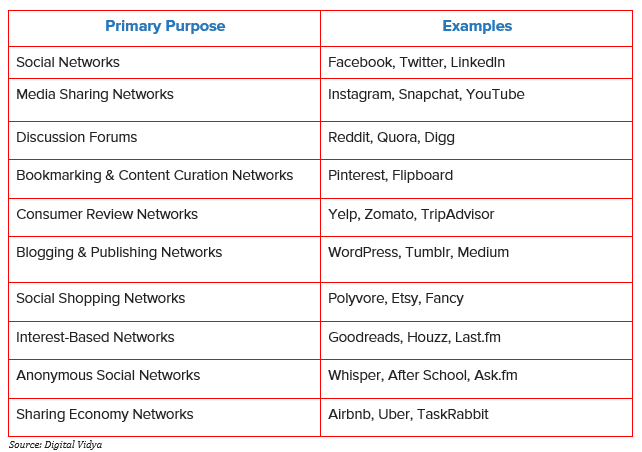Trick or Treat? How Social Media Research Can Work at Trial

Social media research in litigation has –- somewhat informally— been the topic of the month here at U.S. Legal Support. It’s such a fast-moving and interesting discipline, we simply can’t stop talking about it! To finish out the month, we’re diving into some fun facts and anecdotes about social media research at trial: how it works, potential data it can uncover, and examples from real world cases of how it can directly impact trial outcomes. After all, as Dr, Miles Hutton said in his paper, The Rising Importance of Social Media in the Courtroom, “The more information lawyers have before jury selections, the greater the likelihood of picking individuals willing to listen with open minds and a commitment to fair and impartial deliberations.”
When it comes to using social media to learn more about prospective and sitting jurors, is it all tricks and no treats? Read on to find out more.
Where Social Media Research Begins: Social Media Networks
If Facebook, Twitter and LinkedIn represent the sum total of your social media knowledge, it’s not surprising, given the near-continuous launch of new networks. Here is a quick primer on additional social media networks professional researchers can scour on behalf of your case.

Social Media Research at Trial: Examples from the Media
Juror faces contempt charges
In 2019, a juror in a murder trial was dismissed for Facebooking about being on the jury. After posting on Facebook, “Sitting on a jury, laughing my a** off,” the juror was dismissed, but the defense still sought a mistrial. The mistrial was denied, but the juror later faced contempt charges.
Source: NBC New York and App.com
Uncovering a Prescription for Winning
Opioids are responsible for nearly 100,000 deaths in the United States every year. It is a tragic fact of life that touches many Americans. In a recent case of a physician accused of overprescribing opioid use, a key question about potential jurors was their experience, either directly or tangentially, with opioid addiction. Although most prospective jurors denied knowing anyone who was or had been addicted to opioids, social media researchers found many who were less than truthful in that response.
Source: DecisionQuest archives
The Importance of Monitoring a Sitting Jury
It may be okay to phone a friend for answers on a game show, but it’s not the way to decide someone’s fate in a jury trial. In a 2008 case in Australia, an undecided juror invited Facebook friends to weigh in on the verdict in a child abduction and sexual assault trial. The informal poll was quickly uncovered, and the juror was, unsurprisingly, dismissed from the case.
Source: New South Wales Bar Association News
Set the Stage for Success at Trial: Best Practices in Social Media Research
While our white paper covers social media research best practices in greater depth, there are a handful of strategies for attorneys who want to leverage this kind of research in preparation for their next trial.
- Start research of witnesses and litigants early whenever possible to uncover material that may be scrubbed closer to trial date.
- Search for relevant social media activity on traditional platforms as well as comments posted to media sites.
- Extend the search to friends and relatives of the individual being researched to yield further insights.
- Search public records databases.
- Ask the court clerk for jury pool names in advance of trial start.
- Develop juror social media profiles to ensure capturing the right insights.
- In cases where advance research cannot be done, use multiple researchers in real time to complete search and analysis within minutes rather than days. (P.S. DecisionQuest (a U.S. Legal Support company can help with this!)
- Look to social media research professionals to ensure the most relevant information and insights.
Download our recent white paper and read our blog post series for more on jury/social media research. And stay tuned for a webcast on the topic arriving in November from our DecisionQuest trial consultants, too.
Editoral Policy
Content published on the U.S. Legal Support blog is reviewed by professionals in the legal and litigation support services field to help ensure accurate information. The information provided in this blog is for informational purposes only and should not be construed as legal advice for attorneys or clients.

